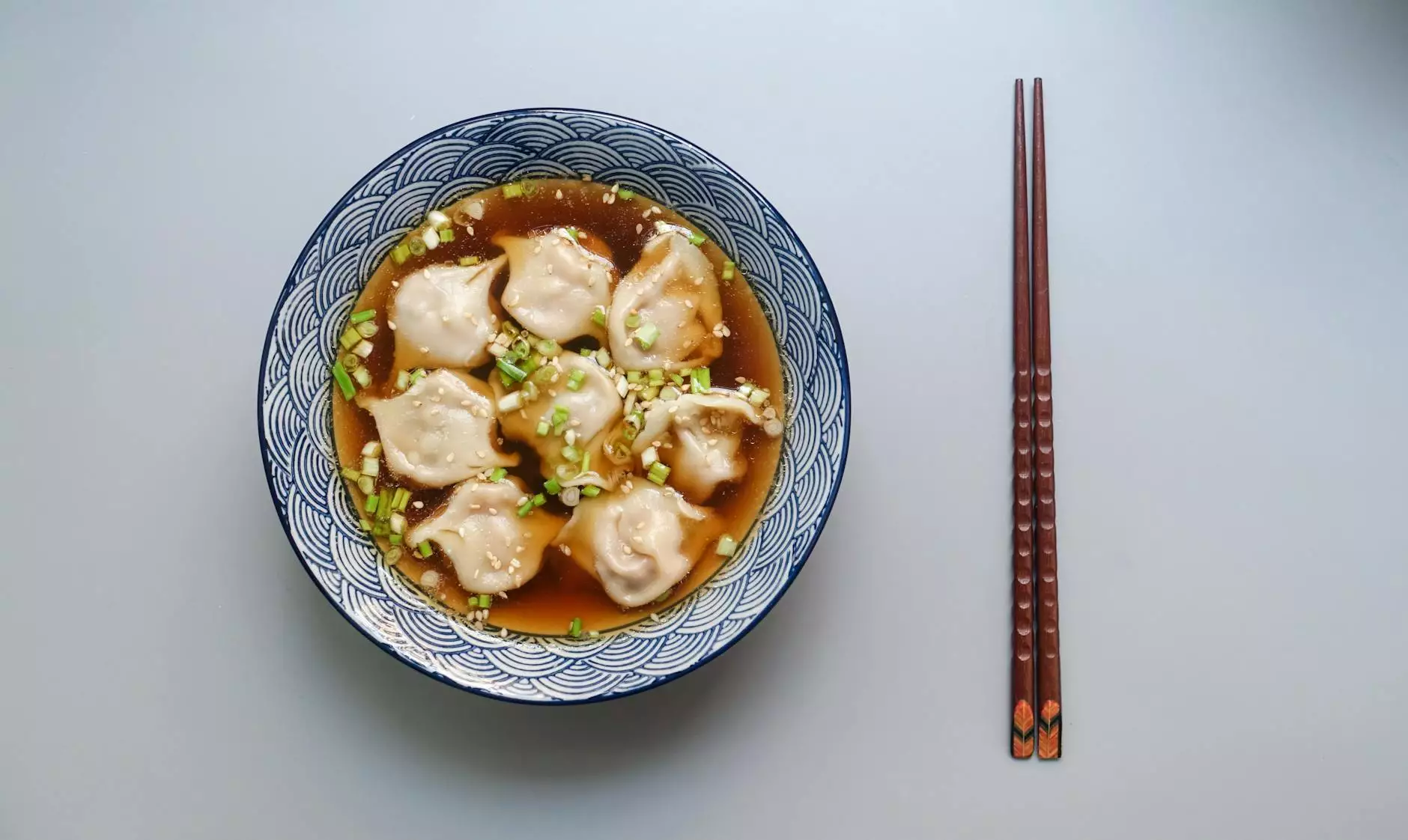Wholesale Organic Meat: The Ultimate Guide

In recent years, the demand for wholesale organic meat has surged dramatically. Businesses and consumers alike are becoming more conscious about their health and the origins of their food. This transition to organic products reflects a broader movement towards sustainable and ethical sourcing practices. In this comprehensive article, we will explore the myriad benefits of wholesale organic meat, how to source it effectively, and why it should be an integral part of your business strategy.
What is Wholesale Organic Meat?
Wholesale organic meat refers to meats produced from animals raised in accordance with organic farming practices. This means that the animals were fed organic feed, were not administered antibiotics or growth hormones, and were allowed to roam freely with plenty of access to natural environments. This farming method not only respects animal welfare but also promotes environmental sustainability.
The Growing Demand for Organic Meat
As we advance into a new era of consumer awareness, the demand for organic products continues to rise. Here are some compelling reasons behind this trend:
- Health Benefits: Consumers have become increasingly aware of the health risks associated with conventional meat production, including exposure to pesticides and harmful chemicals.
- Flavor and Quality: Many chefs and home cooks prefer organic meat for its superior flavor profile and tenderness, leading to better culinary experiences.
- Sustainability: Organic farming practices prioritize environmental sustainability, leading to healthier ecosystems.
- Animal Welfare: The humane treatment of animals is a critical concern for many consumers; organic farms often provide better living conditions.
Sourcing Wholesale Organic Meat
For businesses looking to offer wholesale organic meat, finding reliable and certified suppliers is crucial. Here’s how you can effectively source organic meat:
1. Research Certified Suppliers
Start by identifying suppliers that are certified organic. Look for certifications from recognized entities that ensure the meat meets organic standards. Websites like the USDA’s Organic Integrity Database can be a valuable resource.
2. Ask for Transparency
A reputable supplier should be transparent regarding their farming practices. They should readily share information about feed sources, animal living conditions, and processing methods.
3. Request Samples
Before committing to a supplier, request samples to evaluate the quality and flavor of the meat. This can help you ensure that the meat meets your standards and the expectations of your customers.
4. Evaluate Pricing and Terms
Pricing can vary significantly among suppliers. It’s important to compare prices while also considering the quality. Be sure to discuss payment terms, minimum order quantities, and delivery schedules to find a supplier that aligns well with your business needs.
The Benefits of Selling Wholesale Organic Meat
Incorporating wholesale organic meat into your product lineup can offer numerous advantages:
1. Enhanced Brand Image
Promoting organic meat demonstrates your commitment to quality and sustainability, enhancing your brand’s reputation in an increasingly competitive market.
2. Appeal to Health-Conscious Consumers
With a growing number of consumers prioritizing their health, offering organic meat can help you tap into a lucrative market segment willing to pay a premium for high-quality, health-conscious options.
3. Increased Customer Loyalty
Customers are more likely to remain loyal to brands that align with their values. By selling organic products, you can foster a deeper connection with your customer base, enhancing retention rates.
4. Compliance with Regulations
Keeping in line with organic regulations not only helps in maintaining product quality but also shields your business from potential legal issues related to food safety and quality standards.
Challenges in the Organic Meat Market
While there are clear benefits, it’s important to acknowledge the challenges that come with selling wholesale organic meat:
- Higher Costs: Organic meat typically comes at a higher price point due to the costs associated with organic farming practices. This can impact pricing strategies.
- Supply Limitations: Depending on your location, there may be limited availability of organic meat, which can complicate sourcing and distribution.
- Consumer Misunderstanding: Some consumers may not understand the benefits of organic meat, requiring education and marketing efforts to inform them.
Marketing Strategies for Wholesale Organic Meat
Effectively marketing your wholesale organic meat is key to driving sales and building brand recognition. Here are some effective strategies:
1. Educate Your Audience
Use content marketing to educate potential customers on the benefits of wholesale organic meat. This can include blog posts, social media content, and informative videos covering topics like farming practices, health benefits, and cooking tips.
2. Leverage Social Media
Platforms like Instagram and Facebook are excellent for showcasing high-quality images of your organic meat products. Engage your audience with behind-the-scenes content and community involvement activities that highlight your commitment to organic practices.
3. Participate in Local Events
Engage with your community by participating in local farmers' markets, food festivals, or culinary events. This allows you to connect with consumers directly, at the same time promoting the benefits of your products.
4. Collaborate with Chefs and Restaurants
Establishing partnerships with local chefs and restaurants can be an effective way to get your wholesale organic meat into high-value culinary experiences, which can also serve as a strong endorsement for your product.
Conclusion: Embracing the Future with Wholesale Organic Meat
The trend towards organic foods is rapidly growing, and businesses willing to embrace this change can greatly benefit. Sourcing wholesale organic meat not only positions your business as a leader in health and sustainability but also meets the increasing consumer demand for safe, high-quality food options.
As environmental concerns and health consciousness continue to rise, now is the ideal time to delve into the world of organic meat. By understanding the sourcing process, acknowledging the challenges, and implementing effective marketing strategies, your business can successfully tap into this flourishing market.
Whether you're a small local butcher or a large distributor, wholesale organic meat offers untapped potential to elevate your business and satisfy a discerning customer base that values quality, health, and sustainability.









